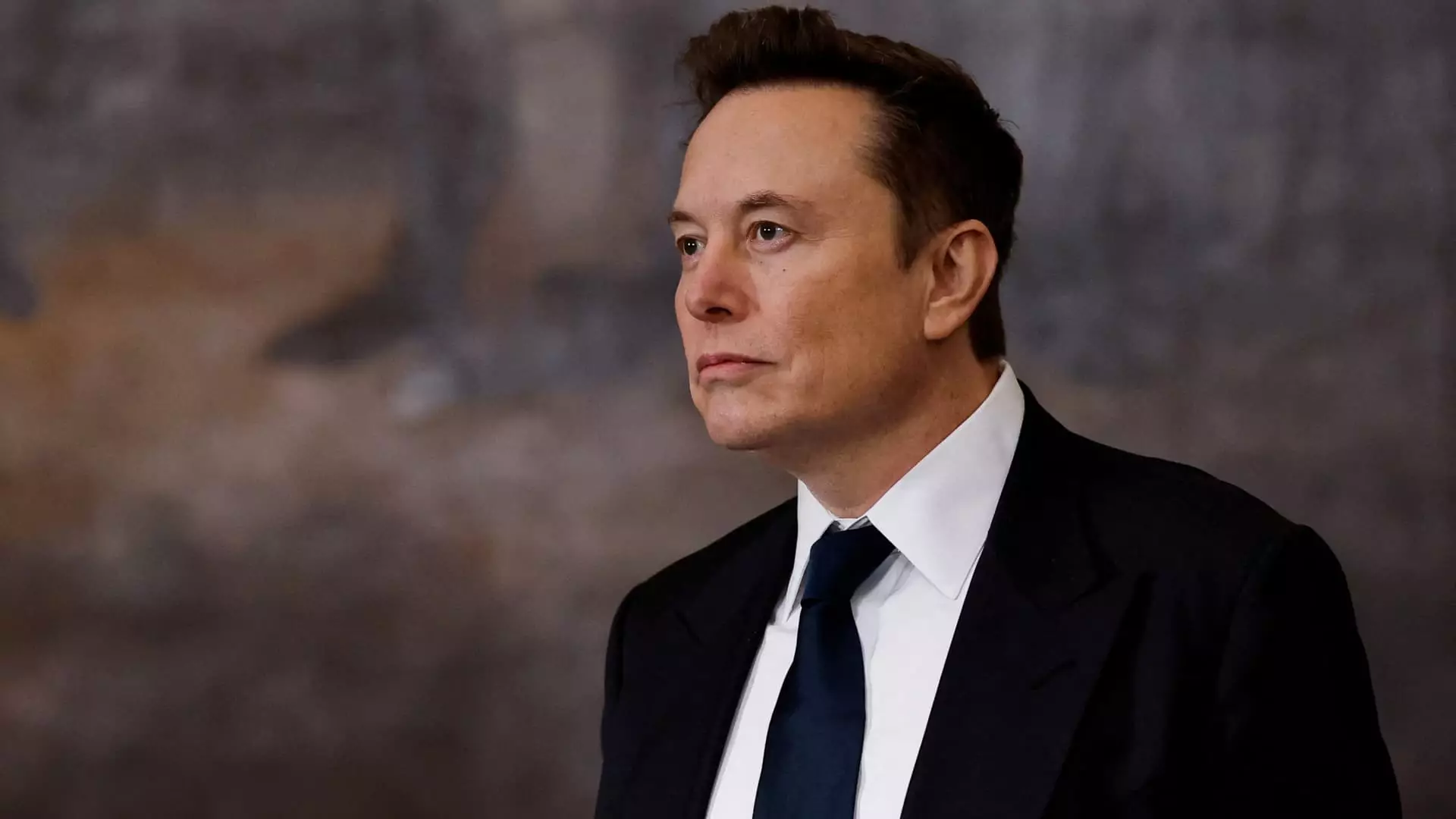The recent ruling by U.S. District Judge John Bates, which allows Elon Musk’s Department of Government Efficiency (DOGE) to access the U.S. Department of Labor’s systems, has sparked significant controversy and concern among government employee unions and lawmakers. This decision marks a key moment in a broader legal battle initiated by the American Federation of Labor and Congress of Industrial Organizations (AFL-CIO), one of the largest labor unions in the United States. Despite the union’s alarm over potential breaches of sensitive information regarding both Musk’s businesses and his competitors, Judge Bates articulated that the AFL-CIO had not substantiated claims of harm resulting from Musk’s prospective access to these systems.
This ruling not only underscores the complex relationship between private interests and public service but also raises fundamental questions about the role of influential entrepreneurs in governance. Musk, who possesses significant economic resources and clout, has been entrusted with the initiative to streamline government operations—a task that many critics argue could lead to conflicts of interest and erosion of critical oversight functions.
Appointed by former President Donald Trump, Musk now occupies a pivotal position that combines the influence of a private-sector titan with the authority of a government official. In his capacity as a special government employee, he is supposed to adhere to conflict of interest guidelines, yet these constraints appear to be weak in practice. The move to create DOGE is ostensibly rooted in a desire to eliminate wasteful spending and enhance operational efficiency within federal agencies; however, many view this initiative as a potential vehicle for undermining foundational governmental structures.
Critics argue that Musk’s agenda reflects a broader trend of privatization and deregulation that threatens the integrity of public service. Stakeholders express concern that the dismantling of key agencies may lead to compounded issues in sectors responsible for vital services, particularly those addressing social welfare and economic security.
In light of Judge Bates’ ruling, AFL-CIO President Liz Shuler articulated the union’s determination to continue its fight, emphasizing that while the decision was disappointing, it did not symbolize the end of their efforts. Shuler’s commitment to gathering additional evidence demonstrates the union’s resolve to protect its members’ rights and safeguard the operational integrity of labor protections against perceived encroachments by private interests.
Furthermore, the situation is complicated by ongoing litigation involving another group of federal unions and retirees who have opposed Musk’s access to sensitive financial records held by the Treasury Department. These unions assert that the transmission of such information to DOGE personnel is illegal, highlighting the legal complexities tied to Musk’s expansive vision for government efficiency.
The intertwining of labor rights, governmental oversight, and private sector interests portends significant ramifications for the future dynamics between federal employees and the management of public resources. The intensifying confrontations demonstrate a critical juncture in federal labor relations and public governance.
Elon Musk’s ambitious step into the realm of government efficiency stands at the crossroads of innovation and controversy. The emerging challenges such as potential conflicts of interest, the erosion of agency oversight, and implications for federal workers pose profound questions about the direction of American governance.
As stakeholders navigate the implications of these developments, there lies a pressing need for vigilance and advocacy to ensure that governance remains grounded in accountability and public service, rather than being driven solely by private sector motivations. In this era of unprecedented influence of wealthy entrepreneurs over governmental processes, the balance between efficiency and ethical conduct must be scrutinized to protect the integrity of public institutions essential for democracy.
The evolving landscape will require continuous discourse and action from unions, lawmakers, and the general public to preserve the foundational principles upon which labor rights and government accountability are built.



Leave a Reply